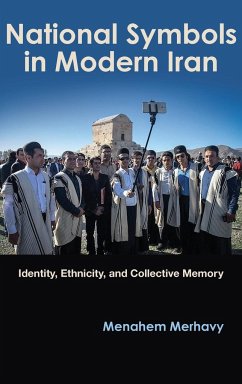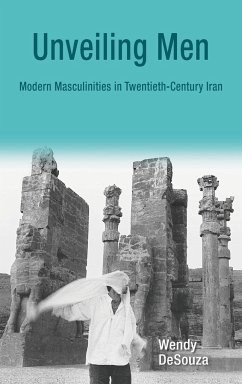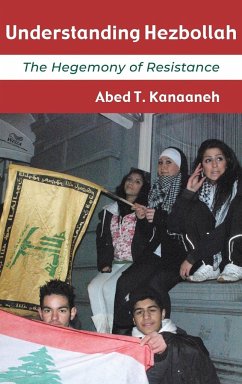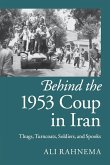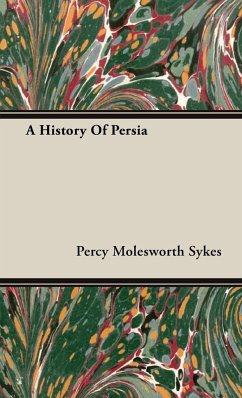Now more than ever the role of icons and monuments in shaping a national identity is a subject of vital importance to scholars of both nationalism and memory studies. While the nation-state undoubtedly has a powerful influence on a society's cultural memory, it cannot necessarily control the ways in which icons are perceived. Once created, national symbols and perceptions of them take on a life of their own. Taking an innovative approach to the study of Iranian nationalism, Merhavy examines the way symbols from Iran's past have played an important role in the struggles between political, religious, and ideological movements over legitimacy in the last five decades. Using a rich variety of primary sources, he traces the process by which these symbols have been appropriated, rejected, and reinterpreted by the Pahlavi state, the Islamic opposition, and finally, the Islamic Republic. In doing so, this volume contributes to our understanding of cultural symbols that survive political upheavals, dramatic and significant as they may be. It also contributes to the growing body of literature that challenges the state centered perspective of much research on modern Iran by exposing the ever growing importance of civil society in the Iranian public sphere from the second half of the twentieth century onward.
Hinweis: Dieser Artikel kann nur an eine deutsche Lieferadresse ausgeliefert werden.
Hinweis: Dieser Artikel kann nur an eine deutsche Lieferadresse ausgeliefert werden.
